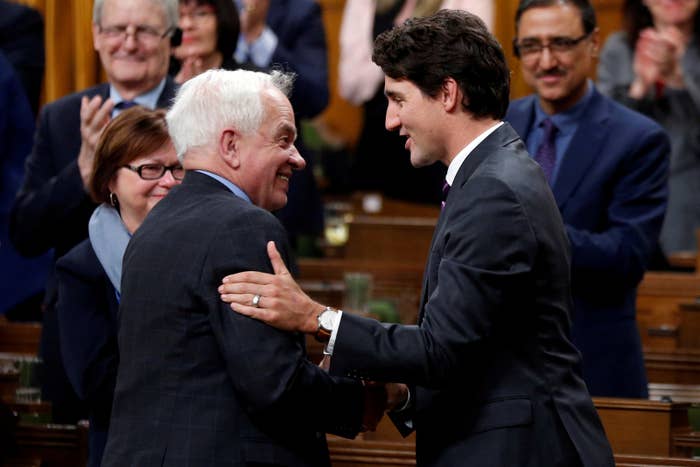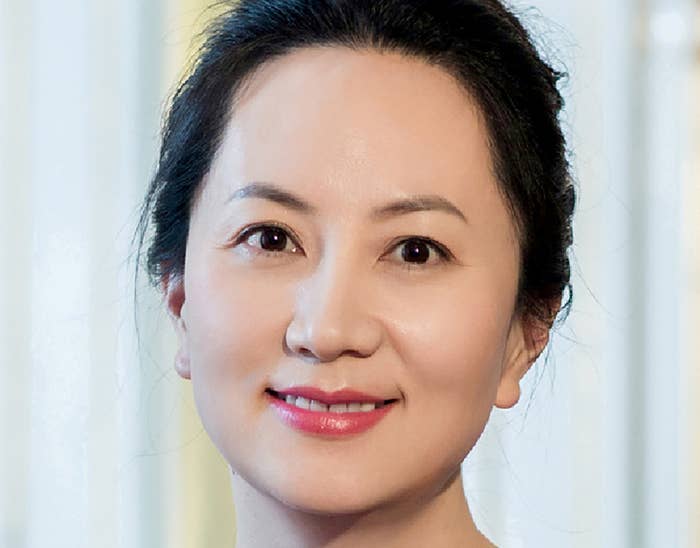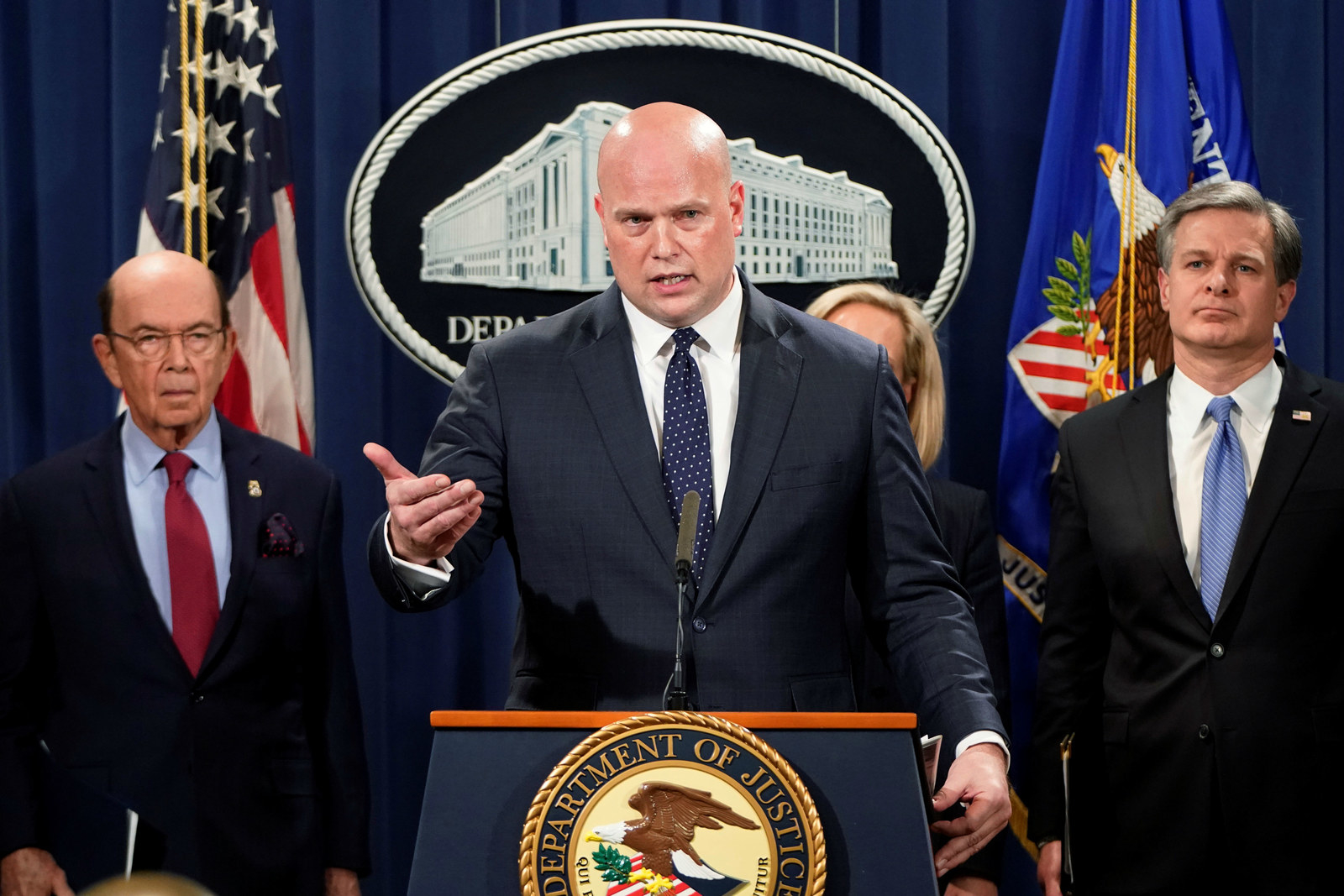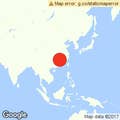
HONG KONG — Chinese state media has attacked a Canadian journalist after her reporting on Chinese telecommunications firm Huawei led to the firing of a Canadian ambassador.
Joanna Chiu, deputy bureau chief for the Star Vancouver reported Friday that Canada’s ambassador to China said it “would be great for Canada” if the US dropped its request to extradite Huawei’s chief finance officer Meng Wanzhou.
Ambassador John McCallum’s comments challenged the Canadian government’s position that it will follow the rule of law on the extradition request, rather than strike a deal with China. Shortly after the story published, Canadian Prime Minister Justin Trudeau fired McCallum.

On Sunday, the Global Times’ editor-in-chief Hu Xijin tweeted that “Chiu has the malicious intention to mislead interviewee and ruin him [McCallum]. There is problem with her professional ethics.”
An op-ed published Monday in the Global Times continued the attack.
“Chiu’s behavior made her look like a paparazzo instead of a serious journalist. It’s not hard to imagine the serious consequences if such important news is reported in a ‘paparazzi’ way,” the op-ed said.
The Global Times is a state newspaper under the official People’s Daily that’s best known for its nationalistic op-ed page. In the past, it has attacked foreign journalists and writers who have been critical of the Chinese government.
On Twitter, Chiu was also targeted by pro-China trolls.
“Sigh. I’m starting to feel unsafe even though I’m in Canada,” Chiu, a former China correspondent, tweeted in response to the op-ed Monday night.
@nvanderklippe Sigh. I’m starting to feel unsafe even though I’m in Canada. Big respect to journalists like you continuing to work in the mainland, Nathan.
Previously, the Global Times published an op-ed supporting Chinese authorities’ decision to not renew a visa for French journalist Ursula Gauthier in 2015. And last August, it criticized the reporting of BuzzFeed News’ former China bureau chief Megha Rajagopalan.
The December arrest of Meng in Vancouver set off a global political firestorm. The US has charged that Huawei tricked US banks into violating sanctions against Iran. Huawei has denied the charges.

In the aftermath of Meng’s arrest, China detained and arrested Canadians — seemingly in retaliation — including Michael Kovrig, a former Canadian diplomat who was working for the International Crisis Group.
The Department of Justice unveiled formal charges against Huawei on Monday in indictments that alleged theft of trade secrets, wire fraud, and lying to banks about not complying with US sanctions against Iran.
A hearing about the extradition process is scheduled for Feb. 6 in Vancouver for Meng.
CORRECTION
Meng Wanzhou’s name was misspelled in an earlier version of this post.

